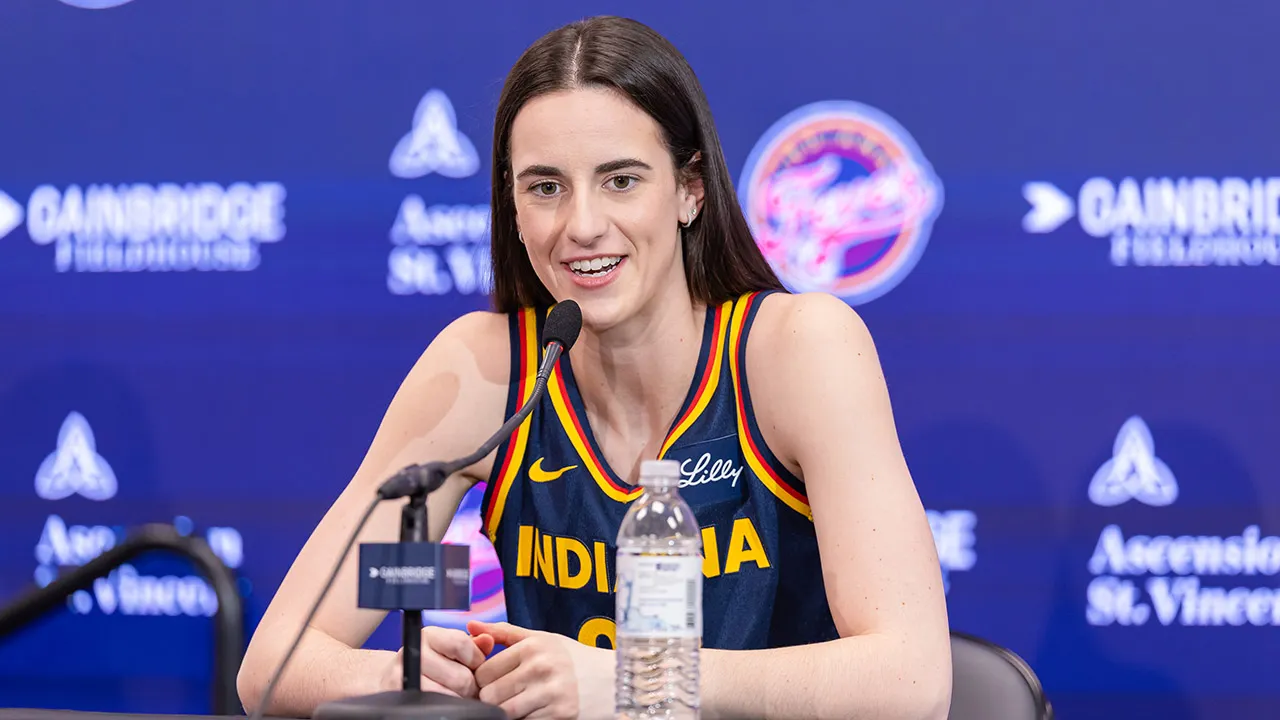Caitlin Clark’s impact on women’s college basketball extends far beyond her record-breaking performance on the court. The article by Clare Duffy and Allison Morrow from CNN highlights how Clark has become an economic force, demonstrating the significant earning potential of athletes in the new era of college sports profitability.
Clark’s lucrative sponsorships with major brands like Gatorade, Nike, and State Farm underscore her value as a marketable figure. With an estimated NIL (Name, Image, and Likeness) value of $818,000, Clark’s earning potential surpasses what she might make in the WNBA, where top salaries currently peak around $250,000. This is emblematic of a broader trend where female college athletes are capitalizing on their personal brands, particularly as professional opportunities in women’s sports often offer far lower financial rewards compared to men’s sports.
The rise of NIL deals, following the 2021 Supreme Court ruling that allowed college athletes to profit from their personal brands, has been particularly transformative for female athletes. It provides them with financial opportunities that were previously unavailable and helps increase visibility and revenue for women’s sports overall. The heightened public profile of athletes like Clark is driving more attention to women’s sports, resulting in sold-out games, skyrocketing ticket prices, and record-breaking TV ratings.
Clark’s influence is also felt off the court, as her endorsements resonate with younger audiences, potentially shaping consumer behavior. This phenomenon, known as “Clark-onomics,” showcases how athletes’ brand power can translate into economic benefits for both themselves and their sports programs. The increased focus on women’s sports, fueled by stars like Clark, represents a significant shift in the sports marketing landscape and marks a new era of profitability in college sports.

Leave a Reply